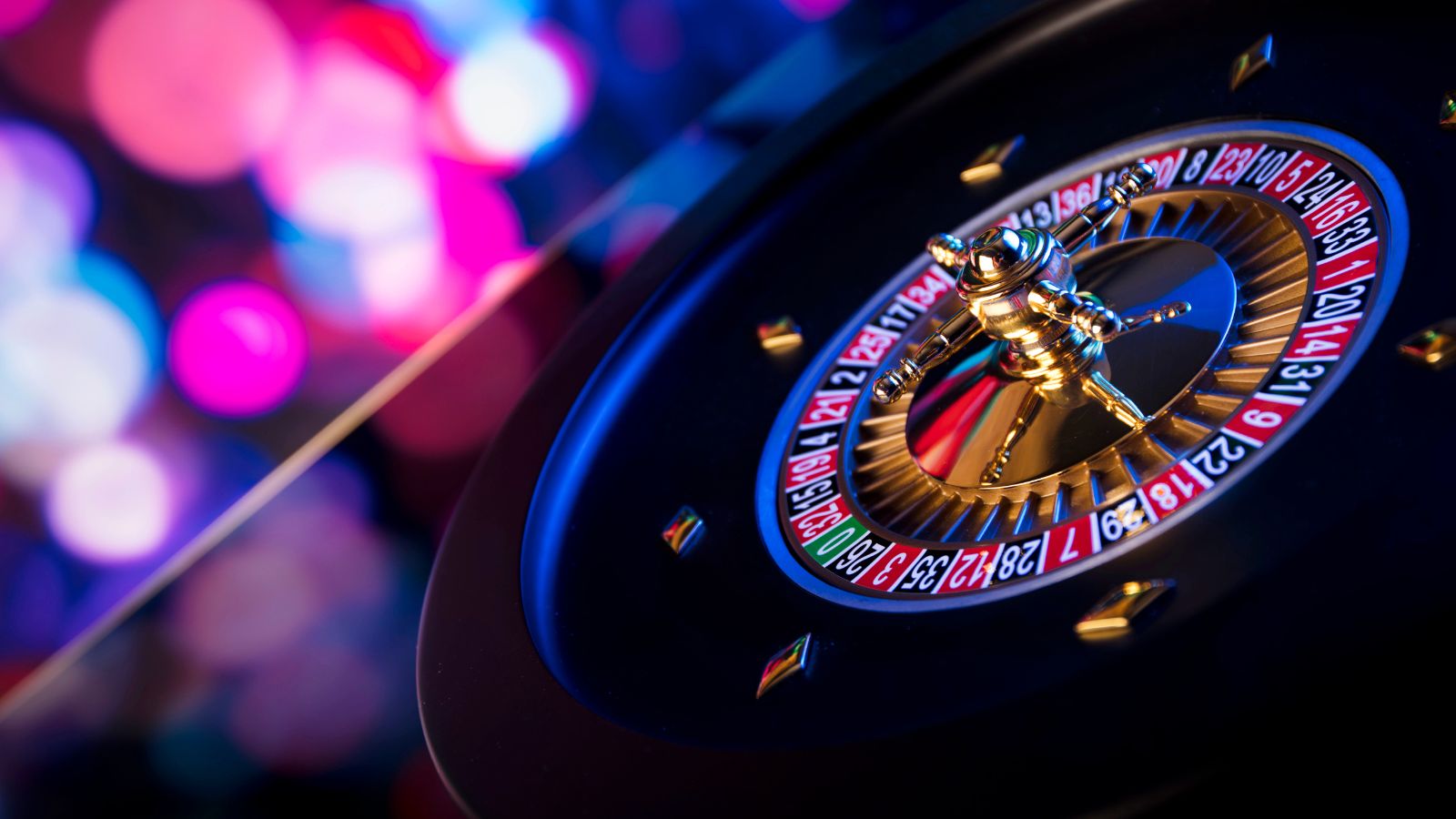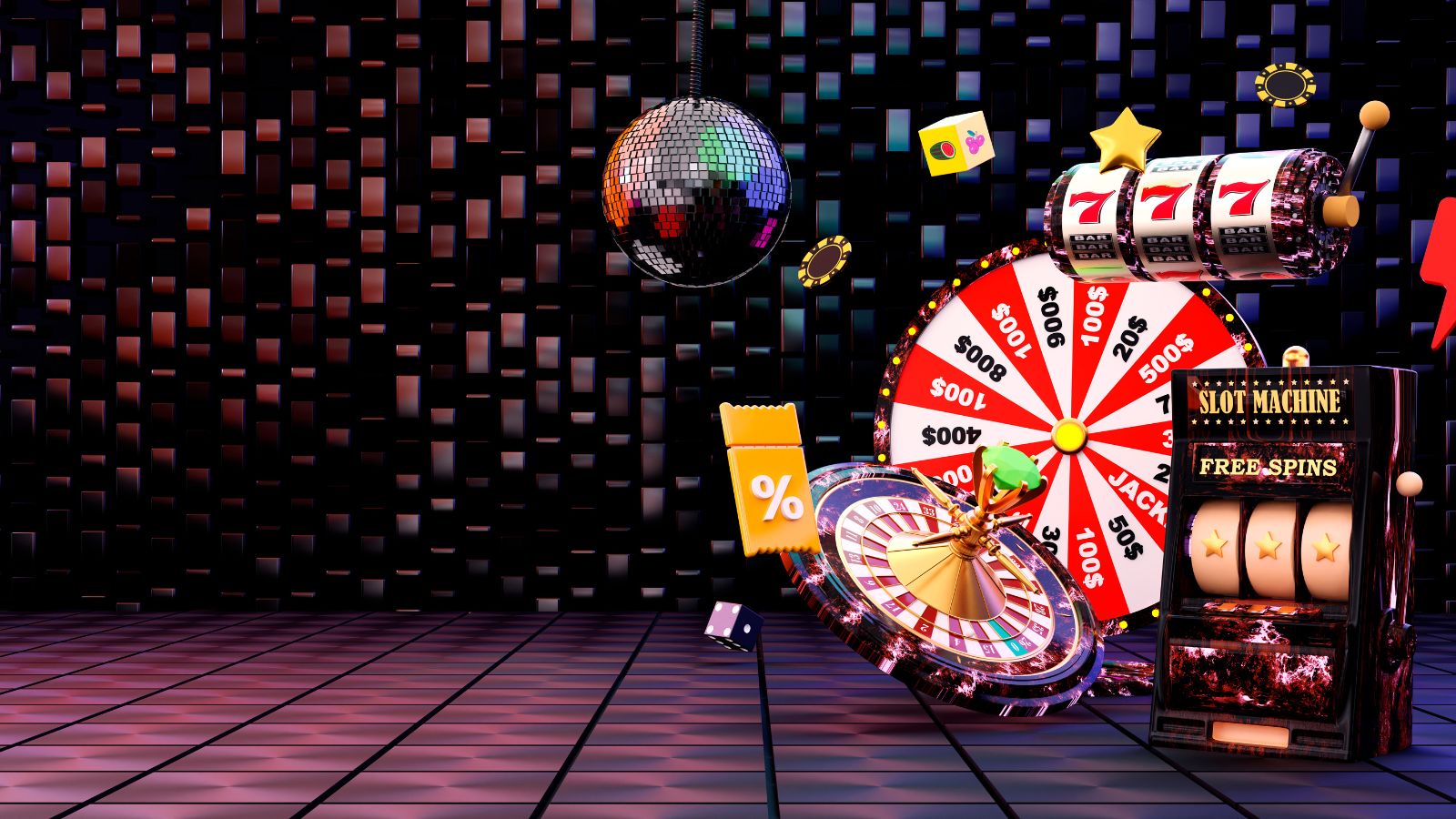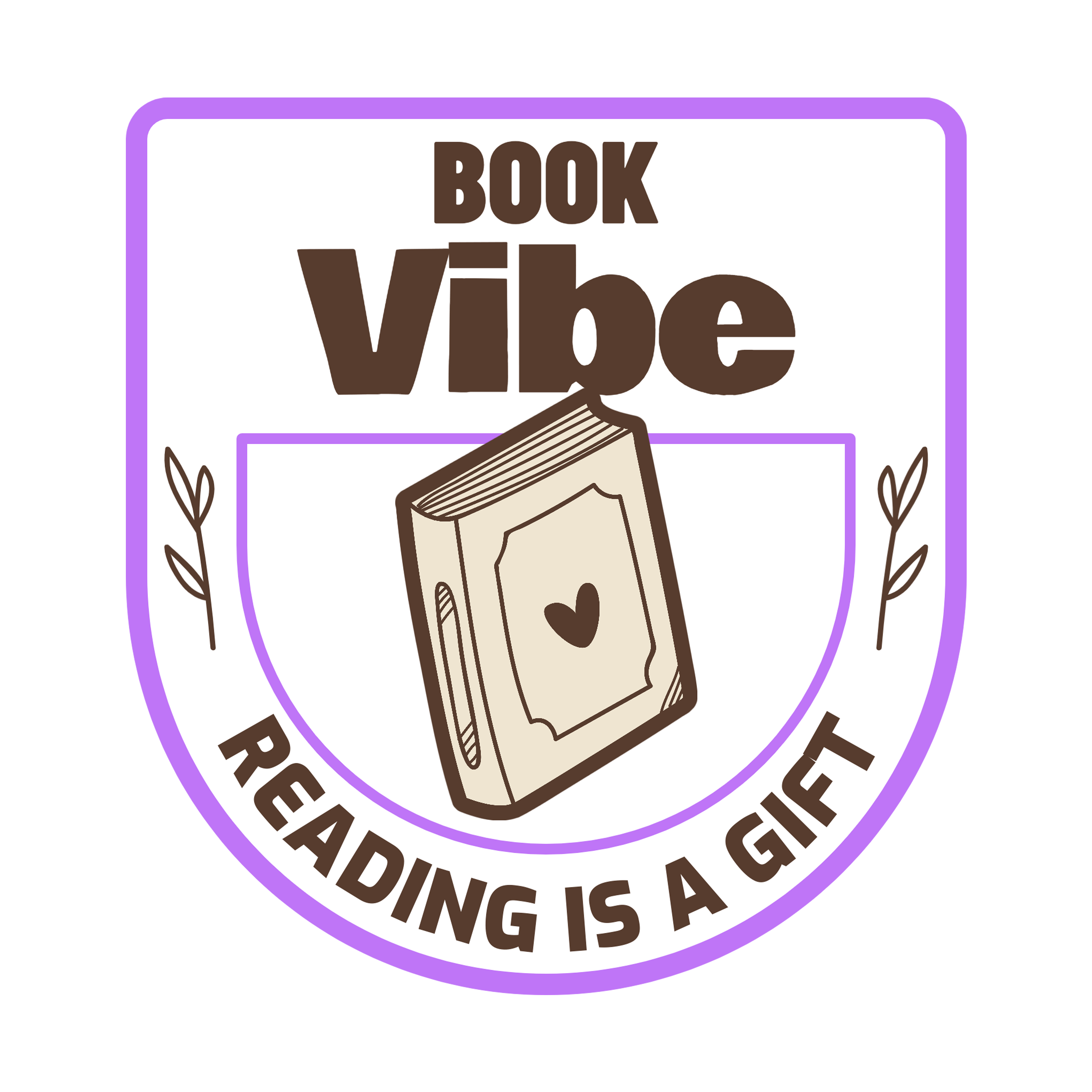
From the smoky backrooms of illicit poker games to the dazzling lights of the Las Vegas Strip, the world of gambling has inspired some of literature’s most compelling tales. These stories, both real and imagined, account for more than just wins and losses; they offer a window into human psychology and strategy. Here we look at some iconic books about gambling.
- Molly’s Game
A memoir by Molly Bloom, the book details her experiences running a high-stakes, exclusive underground poker game for celebrities and business moguls. It chronicles her rise to power in the poker world and the glamorous life she led, including the eventual downfall when she was arrested for the operation. Bloom’s account reveals the complex psychology of high-stakes gambling, where participants aren’t just chasing money but status, excitement, and the thrill of outsmarting opponents. Her story shows how the gambling world operates on trust, reputation, and the balance between calculated risk and reckless ambition. The book gives you invaluable insights into the mindset required to go through high-pressure situations where fortunes can change in an instant.
- The Big Deal
Anthony Holden’s The Big Deal details his year as a professional poker player, attempting to make a living from the endeavour. It teaches about discipline, probability, and long-term thinking. And this strategic mindset is timeless, whether applied to a physical poker table or the diverse range of casino games at Mr Q. Holden’s journey shows the essential skills needed for successful gambling: bankroll management, emotional control, and the ability to make rational decisions under pressure. His experience tells us how professional gambling requires treating each session as part of a larger statistical picture, where short-term losses are inevitable but long-term success depends on consistent application of sound principles.
- Fear and Loathing in Las Vegas

Thompson uses the irony of the title to critique the excesses and disillusionment of the American Dream and to comment on the state of the nation in the 1960s and 1970s. The two leading characters check into The Mint Hotel and Casino. Casinos are central to the setting, but the story goes deeper into addiction and paranoia. It highlights society’s obsession with fortune and escapism. According to the World Health Organisation’s 2024 fact sheet, gambling has been normalised through commercial associations with sport and cultural activities, reflecting Thompson’s prescient observations about how gambling environments can amplify existing psychological states and social anxieties. The book is both a cautionary tale and a cultural commentary on how the pursuit of instant gratification reflects broader societal issues.
- The Gambler
Dostoevsky’s dark and compelling short novel follows the story of Alexey Ivanovitch, a young tutor working in the household of an imperious Russian general. He tried to break through the wall of established order in Russia but ended up in a downward spiral of betting and loss. Recent gambling participation statistics from the UK show that 48% of adults gambled in some form within a four-week period, showing how Dostoevsky’s exploration of gambling psychology remains remarkably relevant. His psychological portrayal of compulsive gambling behaviour anticipated many modern understandings of addiction, telling us how the pursuit of a big win can become all-consuming and ultimately self-destructive.
These literary works collectively demonstrate that gambling literature transcends mere entertainment and provides profound insights into human nature, risk assessment, and the eternal tension between rational decision-making and emotional impulses. Whether exploring the glamorous high-stakes world of celebrity poker or the psychological depths of compulsive behaviour, these books reveal universal truths about how we approach uncertainty, manage desire, and confront our own limitations.
